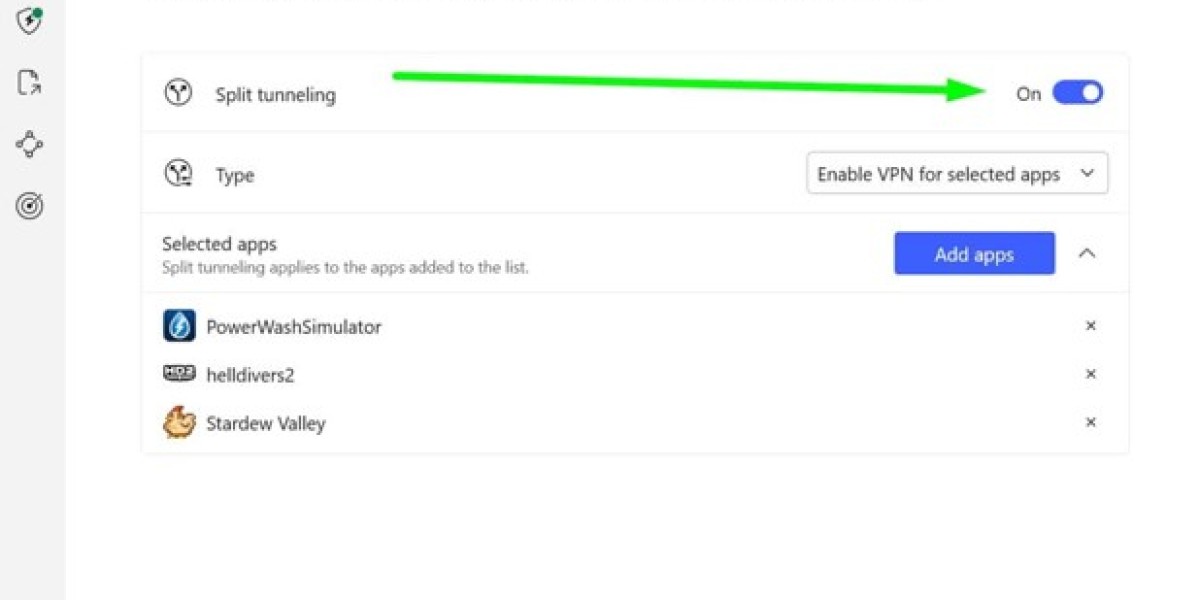Ambien (zolpidem) is a commonly prescribed medication for people who struggle to fall asleep. While it’s often praised for its fast-acting effects and short duration in the body, there’s another side to this sleep aid that many users don't learn about until after they’ve started taking it. Like all medications, Ambien can cause side effects—but some are far more unusual and surprising than others.If you're currently using Ambien or considering it for sleep problems, it's important to be aware of not just the common side effects, but the unexpected ones too. This article explores the lesser-known reactions some users experience and why it's so important to use Ambien responsibly and under medical supervision.
The Basics: How Ambien Works
Before diving into its side effects, it helps to understand how Ambien functions. Zolpidem is a sedative-hypnotic that works by enhancing the effect of GABA, a neurotransmitter in the brain that slows down activity and promotes sleep. Unlike older sleeping pills, Ambien targets specific GABA receptors, which makes it effective at inducing sleep quickly without lingering grogginess in most users.However, not everyone reacts the same way, and this is where things can get unpredictable.
Common Side Effects You Might Expect
Most people are warned about the standard side effects: dizziness, headache, nausea, and feeling sleepy the next morning. These are relatively mild and often go away with continued use or dosage adjustment. But not all experiences are so routine.
Sleepwalking and Other Complex Behaviors
One of the most alarming side effects of Ambien is its potential to cause “complex sleep behaviors.” These are activities people perform while not fully awake and may include sleepwalking, preparing and eating food, talking on the phone, and even sleep-driving.Yes—there are documented cases of people getting into their cars and driving while under the influence of Ambien, with absolutely no memory of the event the next day. These behaviors are rare but serious. Anyone experiencing them should stop taking the medication immediately and contact a doctor.
Amnesia or Memory Gaps
Ambien can cause temporary memory loss, especially if you don't go to sleep right after taking it. If you're still awake while the drug is active in your system, you might not remember conversations, actions, or decisions you made during that time. This side effect can be unsettling and dangerous, especially if combined with alcohol or other sedatives.
Unusual Emotions or Mood Changes
Some users report feelings of euphoria, disinhibition, or even increased sociability while on Ambien—effects more commonly associated with recreational drugs. On the flip side, others experience irritability, depression, or anxiety. These emotional side effects are surprising to many users and may intensify in people with a history of mental health conditions.
Hallucinations and Distorted Perception
Another lesser-known side effect is visual or auditory hallucinations. Some users report seeing colors more vividly, hearing strange noises, or feeling like time is moving slower or faster. These effects are more common when Ambien is misused (e.g., taken while trying to stay awake) or combined with alcohol.
Gastrointestinal Upset
Although less dramatic than sleepwalking or hallucinations, some people experience digestive issues while using Ambien. This can include diarrhea, constipation, or stomach discomfort. These symptoms are usually manageable but should be reported if persistent.
Muscle Weakness or Coordination Problems
Ambien can cause short-term muscle weakness or clumsiness, especially if you get up in the middle of the night after taking it. The drug affects your motor skills, which makes it risky to try walking around, using stairs, or operating machinery. Some people have reported falls or minor injuries due to impaired coordination.
Allergic Reactions
Though rare, Ambien can trigger allergic reactions in sensitive individuals. Symptoms may include rash, itching, swelling of the face or tongue, and trouble breathing. This is a medical emergency and requires immediate attention.
Rebound Insomnia
If you stop using Ambien abruptly after regular use, you might find that your sleep problems return—sometimes even worse than before. This is called rebound insomnia, and it’s one reason why doctors often recommend tapering the dose rather than stopping suddenly.This controlled reduction, often referred to as a structured plan to gradually reduce zolpidem usage, helps prevent withdrawal symptoms and allows your body to readjust. (Synonym for: ambien-withdrawal-and-tapering)
Dependence and Misuse
Ambien is intended for short-term use, usually no more than a few weeks. However, some users become psychologically or physically dependent on the drug, feeling unable to sleep without it. This can lead to higher doses being taken or attempts to get the medication without a doctor.Some people try to obtain sleeping tablets without professional approval, which not only poses legal risks but also increases the chance of receiving counterfeit or unsafe medications. (Synonym for: buy-ambien-without-prescription)
Risk of Buying From Unsafe Sources
Due to its popularity, many look for ways to get Ambien online, but this comes with risks. It's important to purchase ambien through trusted online pharmaceutical providers that require a legitimate prescription. Otherwise, you could end up with fake drugs that contain harmful ingredients. (Synonym for: buy-ambien-online)
Final Thoughts: Stay Informed and Use Cautiously
Ambien can be a helpful tool for people with temporary sleep difficulties, but it's not a cure-all. The surprising side effects—like sleep-driving, hallucinations, and emotional changes—should not be ignored. These reactions might be rare, but they are serious and deserve attention.If you're considering Ambien, talk openly with your doctor about your full medical history, including any mental health conditions or substance use. Be honest about your sleep patterns and lifestyle habits so your healthcare provider can determine if this medication is right for you.Avoid alcohol while on Ambien, never mix it with other sedatives without permission, and never take more than prescribed. If you experience any unusual symptoms—especially memory loss, hallucinations, or complex behaviors—stop using the medication and seek medical advice immediately.








